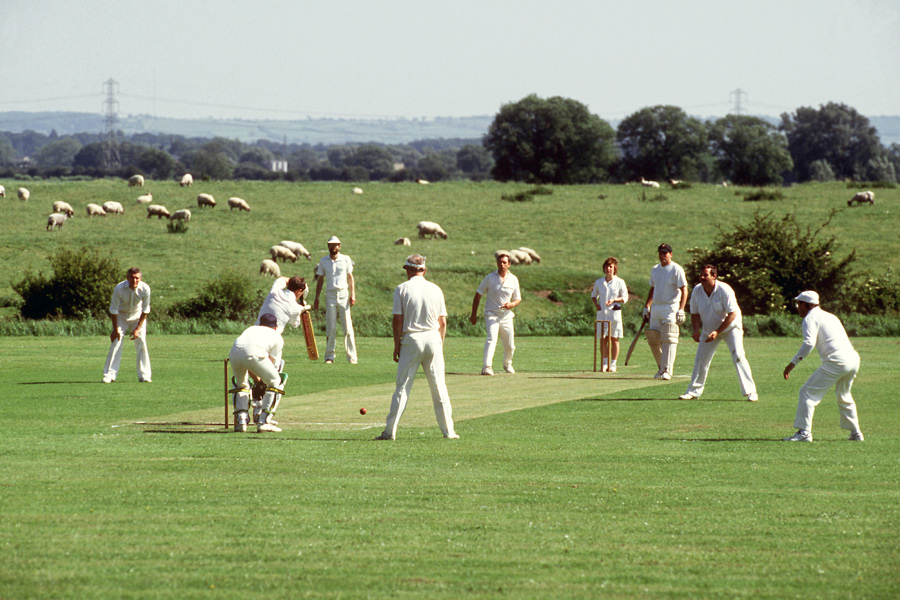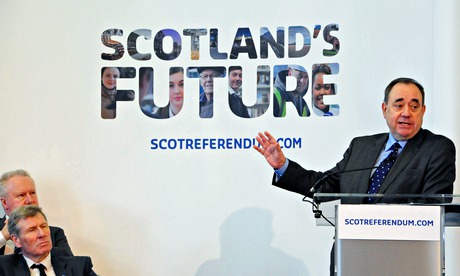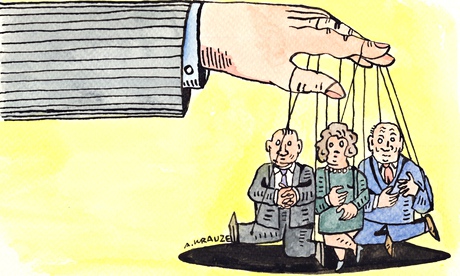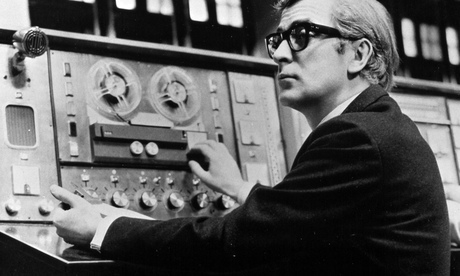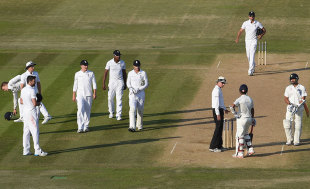Cricket, probably more than any other sport, encourages the ringer. Everybody who has ever played at any kind of amateur level knows that Sunday morning feeling, either calling round mates and mates of mates to see if anybody fancies making up the numbers, or getting an unexpected phone call from somebody you last saw in a bar at university ten years earlier seeing if you fancy a game.
It happens in other sports as well, of course, but cricket, as an individual sport dressed in a team game's clothing, seems more conducive to the ringer. A footballer or a hockey player suddenly introduced to an unfamiliar team will stand out a mile, the holistic nature of those sports meaning he won't be making a run he needs to, or he'll be providing cover where none is needed. In cricket, though, you pick up the ball and bowl, or pick up the bat and bat, and - apart from knowing the idiosyncrasies of how other batsmen run or the vagaries of who fields best where, essentially you can just get on with it.
Even better, because of the self-regulatory element of cricket, the way a batsman can retire, or a bowler can be taken off if he's bowling so well he threatens to unbalance the game, it doesn't really matter if there's one player who's far better than everybody else. It doesn't really matter if there's one player who's far worse: even good players score ducks, so the weak link doesn't stand out as he would in another sport.
The best ringer I ever played with was the West Indies offspinner Omari Banks who, aged 16 or 17, for reasons I can't recall, joined our college team for a tour. He was an up-and-coming star, we were told, a bowler who was expected to play Test cricket sooner rather than later.
A first glance was confusing. He belted the ball miles and clearly had a superb eye, but his frequently short offbreaks were remarkably unthreatening. He must be a quick taking it easy on us, we thought; five years later, he was taking three wickets (for lots) and scoring 47 not out as West Indies chased down 418 to beat Australia in Antigua. There was something rather comforting in that: he'd seemed far more like a batsman than a bowler to us.
Clean though his hitting had been, the truth is Banks had been a little bit of a disappointment to us. Hearing we were getting a West Indies bowler, we'd assumed we could play along and then chuck him the ball as soon as a partnership began to get annoying, effectively guaranteeing wins.
Absurdly, the following year, I found myself cast unwittingly in the Banks role - in relative terms; nobody would ever have pretended I was on the verge of a Test debut. I'd just finished my Masters and was temping at a data entry centre in Sunderland. A mate was working at the City of Newcastle Development Agency and called me one day to see if I fancied playing against British Airways the following day. By starting work early and taking only 15 minutes for lunch, I was able to get up to Ponteland, to a bleak field near the airport, in time to play.
"What do you do?" the captain asked. The honest answer would have been, "Nothing very well," but I grunted, "Bits and pieces."
He nodded and, having won the toss and opted to bat, asked me to open. I had occasionally opened for my college Second XI as an undergrad, so it didn't seem that odd, although at Durham I'd tended to bat at seven or eight for the Graduate Society. On a horrible, sticky pitch, I ground my way to 27 at which, having heard the grumbles from the boundary, I slashed at a wide one and was caught at deep cover. My slow start having forced others to play overly aggressively, I ended up top-scoring as we made 90-odd in 20 overs.
That, I assumed, was that. I fielded at backward point and took a catch, but the game seemed to be drifting slowly away from us when the captain suddenly asked me to bowl the 13th over. This seemed very strange, but I wasn't going to say no. The batsman was set, had scored 30 or so, and looked far better than anybody else in the game.
My first ball, a pushed through offbreak, was blocked. The second he clubbed through midwicket for four, although it had turned a little and it had come slightly off the inside edge. The third ball I tossed up, it didn't turn, he played for spin that wasn't there and chipped it to cover. "Thinking cricket," said the captain, apparently in the belief there'd been some element of skill of planning in what had just happened.
What happened next was mystifying. The new batsman blocked out the over. They blocked out the 15th over as well. Ludicrously I had figures of 2-1-4-1. Suddenly they needed over a run a ball. The third over, the batsman, having to force the pace, came down the track, yorked himself and was stumped. Two balls later the new batsman did the same thing. We ended up winning by 12 runs and, without really knowing how, I'd taken 3 for 14.
It later turned out my mate had rather oversold me, or rather, our captain had assumed the level of college cricket at my university was rather higher than it was. After I'd batted so sluggishly, he'd assumed I must be a bowler and so had decided to give me four overs at the death. He'd even let on to the opposing captain that I was a ringer, with a suitably inflated suggestion of my abilities. When I'd then fortuitously dismissed their best player, it confirmed their fears, which explained the nine successive balls nobody had tried to hit. Slow straight bowling had become infused with mystery and terror.
None of it was real, of course. The wickets had been conjured by fear of the ringer. It was a valuable lesson: pretend you know what you're doing, and opponents might just destroy themselves by believing you.
